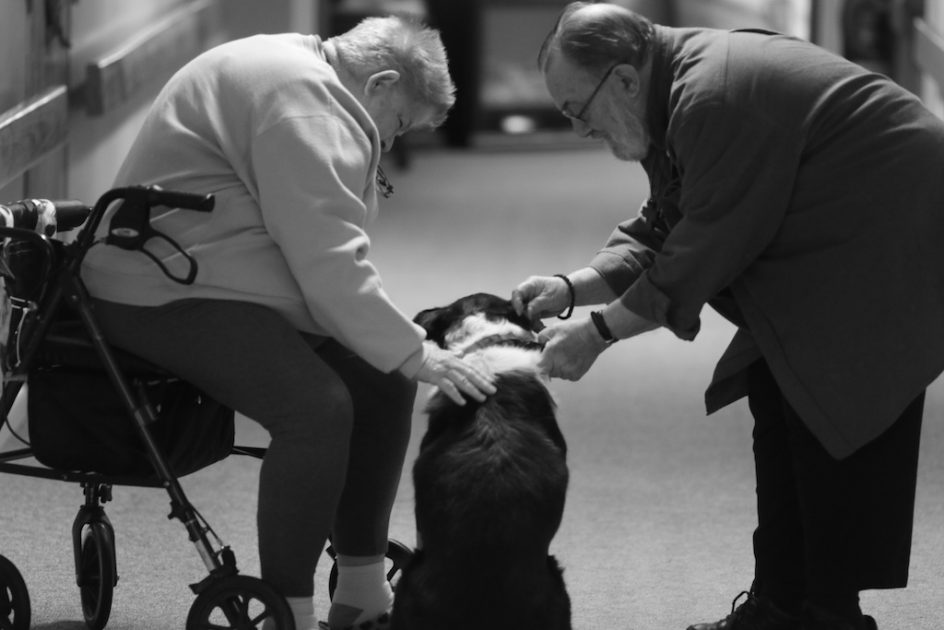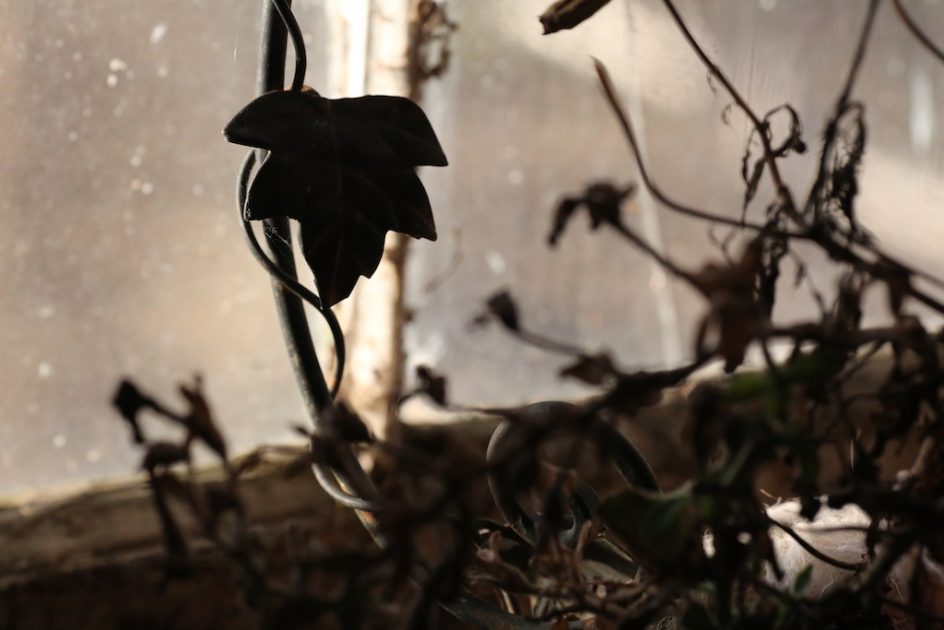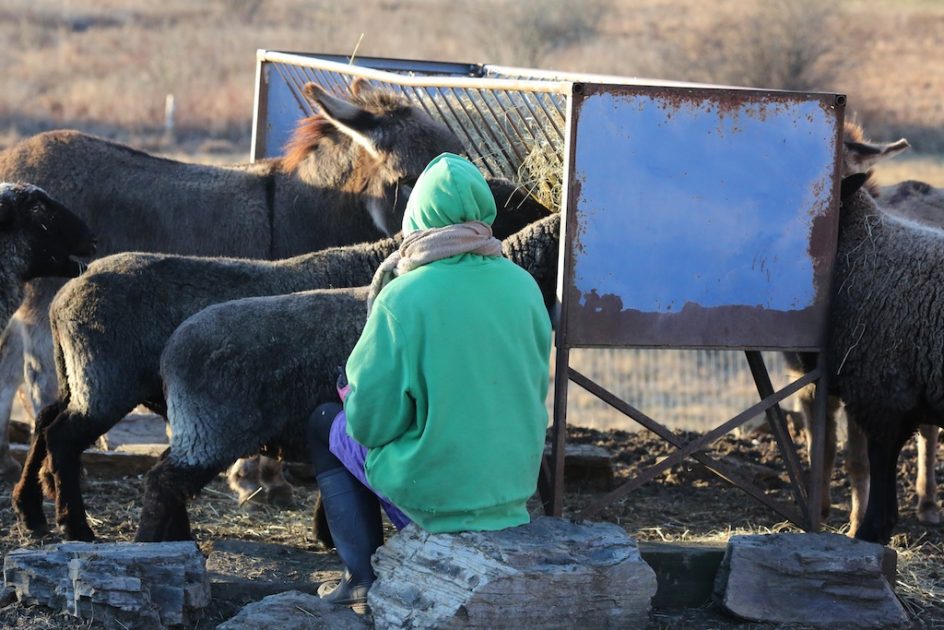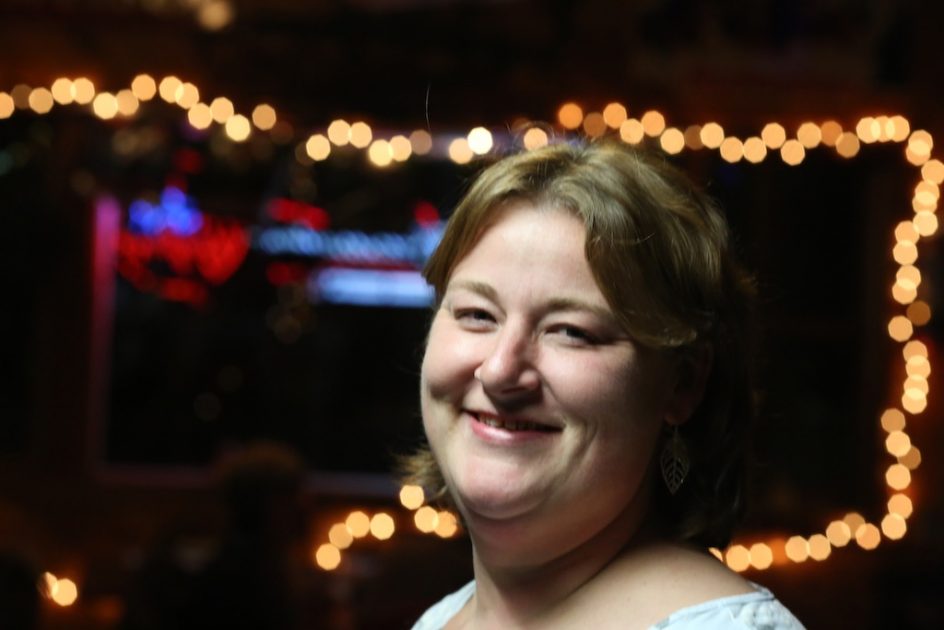
I often meet or talk with people who tell me they are too old to get more animals or replace the ones that die, they do not believe it appropriate or ethical to acquire animals that might outlive them. Yesterday Drew, a retiring physician in New Mexico, told me there is a sick and lonely donkey down the road, she decided against adopting him because she is 68 and thinks she is too old to adopt an animal.
This is one of those compelling animal ethics concerns I have thought a great deal about, and written about. It is, of course, a personal decision, there is no right or wrong, only what feels right to each person.
I am heading towards my 70’s and I own quite a few animals that may outlive me: two donkeys, a pony, a two-year-old border collie, some young sheep. There is no telling how long I might live or how long they might live, but donkeys can live to be 40 or 50, ponies almost that long.
Maria is younger than I am – 17 years younger – so that makes our situation a little different, but she and I both believe she will not wish to care for all these animals and the farm by herself, if she chooses not to re-marry.
I can’t and wouldn’t tell other people what to do but I have thought about this issue myself, and I do not feel it is inappropriate for older people to acquire animals who might outlive them. Countless millions of animals – horses, donkeys, dogs, ponies, cats – are re-homed every year, even every month, and there is no reason older people can’t make arrangements for their animals if they die.
More than 150,000 American horses will go to cruel slaughter this year – due to animal rights legislation passed in America and banning euthanasia for horses here, these horses will have to go to Canada or Mexico in long trailer rides and have bolts fired into their heads. This, so human beings can declare that they are humane.
I believe these animals would be happy to live with Drew or other older people. Many older people are retired and have time to love and care for animals, many have experience with animals and are mature and responsible.
Despite our emotionalizing of them, dogs and cats – and horses – are highly adaptable. Of the many Katrina animals re-homed, I known that perished in grief because they were going to new homes. And many older people, going through changes in their work and family life, greatly benefit from the company, stimulation and responsibilities of animals.
Some animals require substantial care, some very little.
I can testify that there is nothing worse for older people that lives without connection and responsibility. I won’t let them do that to me, not because there is so much ignorance and fear surrounding aging.
My ethical rule is this: if people love animals and have the resources and energy to care for them, then they should acquire animals, from breeders or from the shelters and rescue organizations that have millions in need of homes. Aging is not a prison sentence, or a mandate to downsize one’s life.
The older I get, the more things I try, the more things I do, the more things I learn. Age brings a wisdom and perspective and experience that is a good match for most animals, and I feel I am well qualified, emotionally and otherwise, to give animals a good and loving home, despite the fact that I am 69 years old.
This philosophy may or may not work for you, but it has worked well for me, and, I think, for the animals in my care. I am careful to give my dogs and other animals the best possible and most fulfilling lives. All I can do is the best I can for as long as I can.
If and when the time comes, Maria and/or I will make sure they go to homes that are as good, and there is no evidence in the world that I have seen that suggests they cannot be just as happy elsewhere.
For so many animals, that is a miraculous and very fine alternative for them. My animals have very good lives. I reject cultural notions of aging that say I ought to live less fully than anyone else. I believe if they could speak or think like humans, the animals in my care would agree.



